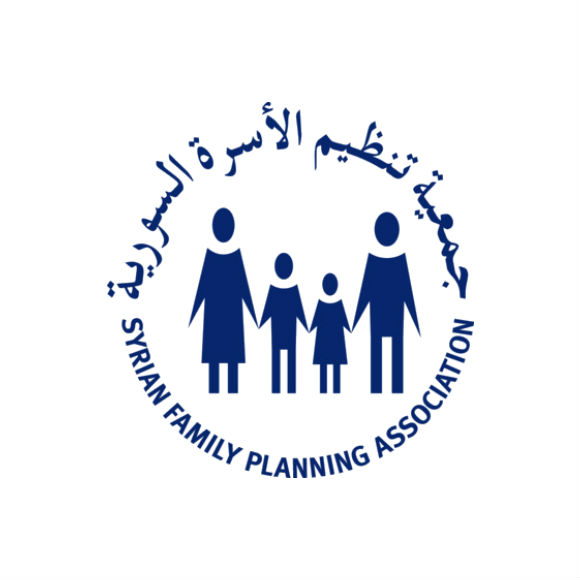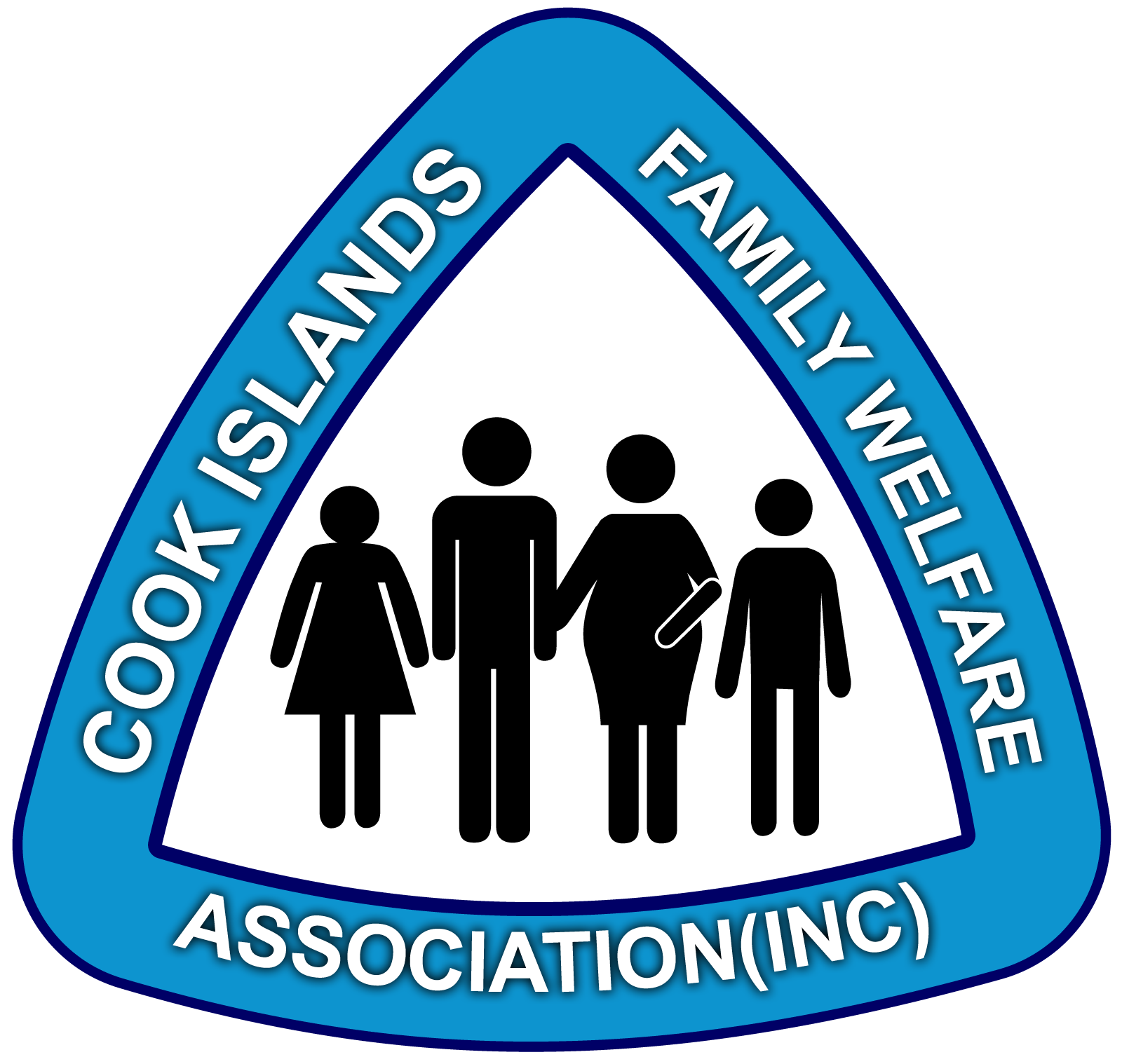

| 31 March 2016
Syrian Family Planning Association
The Syrian Family Planning Association (SFPA) is the leading agency promoting awareness of family planning and delivering services to the community in Syria which, as international indices show, faces a number of major sexual and reproductive health (SRH) challenges ,including GBV in particular . SFPA's priority is to deliver high quality, extensive SRH services via its network of 17 static clinics, 3 mobile unit, and 3 associated agencies. A number of these are run in conjunction with the Ministry of Health and the other related government and non government agencies. The Syrian community has historically had limited awareness of family planning, and limited awareness of the personal and economic health benefits achievable through planned spacing of births. Much of SFPA's work to date has involved information, education and communication (IEC) work and advocacy at all levels to create greater understanding and a more favorable environment towards the idea of family planning. With basic knowledge of modern contraception now common (shared by about 94% of women of reproductive age), SFPA is beginning to develop a whole new range of programmes which will enable women and young people (in particular) to make informed (and economically beneficial) choices about their own SRH and fertility. SFPA's Facebook page: https://www.facebook.com/syrianfamilyplanningassociation

| 31 March 2016
Cook Islands Family Welfare Association
Since its establishment more than 25 years ago, CIFWA has played a major role in expanding the range of SRHR services in the Cook Islands. Obstetrics, family planning (FP), HIV Prevention and STI Treatment including Voluntary Confidentiality Counseling are now available in addition to breast and cervical screenings and treatment of other gynecological disorders. The association is currently working with the Government through the support from the Board President who is currently the Government’s clerk in pushing forward the Family Law Bill. The Bill is expected to be passed in July of 2016 after the public consultation. It continues its work in the area of advocacy and this has encouraged more donor support to the work that they are doing in the area of provision of services to the rural and remote islands.







